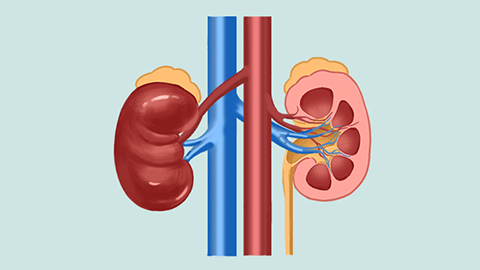What does polycystic kidney mean?
Generally, polycystic kidney disease (PKD) is a hereditary chronic kidney disease characterized by the formation of multiple cysts within the kidneys. It is recommended to seek timely medical advice, identify the underlying cause, and undergo symptomatic treatment under a physician's guidance. A detailed explanation is as follows:

The main characteristic of PKD is the development of multiple cysts of varying sizes in both kidneys. These cysts are formed by abnormal proliferation of renal tubular epithelial cells and are filled with fluid, gradually increasing in size over time. The cysts may compress surrounding healthy kidney tissue, leading to structural and functional abnormalities of the kidneys. Symptoms of PKD are diverse and can worsen as the condition progresses. Common symptoms include abdominal masses and flank or back pain. In patients with PKD, cysts may not only be limited to the kidneys, but may also appear in other organs such as the liver and pancreas.
Currently, there is no cure for PKD. However, disease progression can be slowed through blood pressure control, infection prevention, maintaining a healthy lifestyle, and regular monitoring of kidney function.





